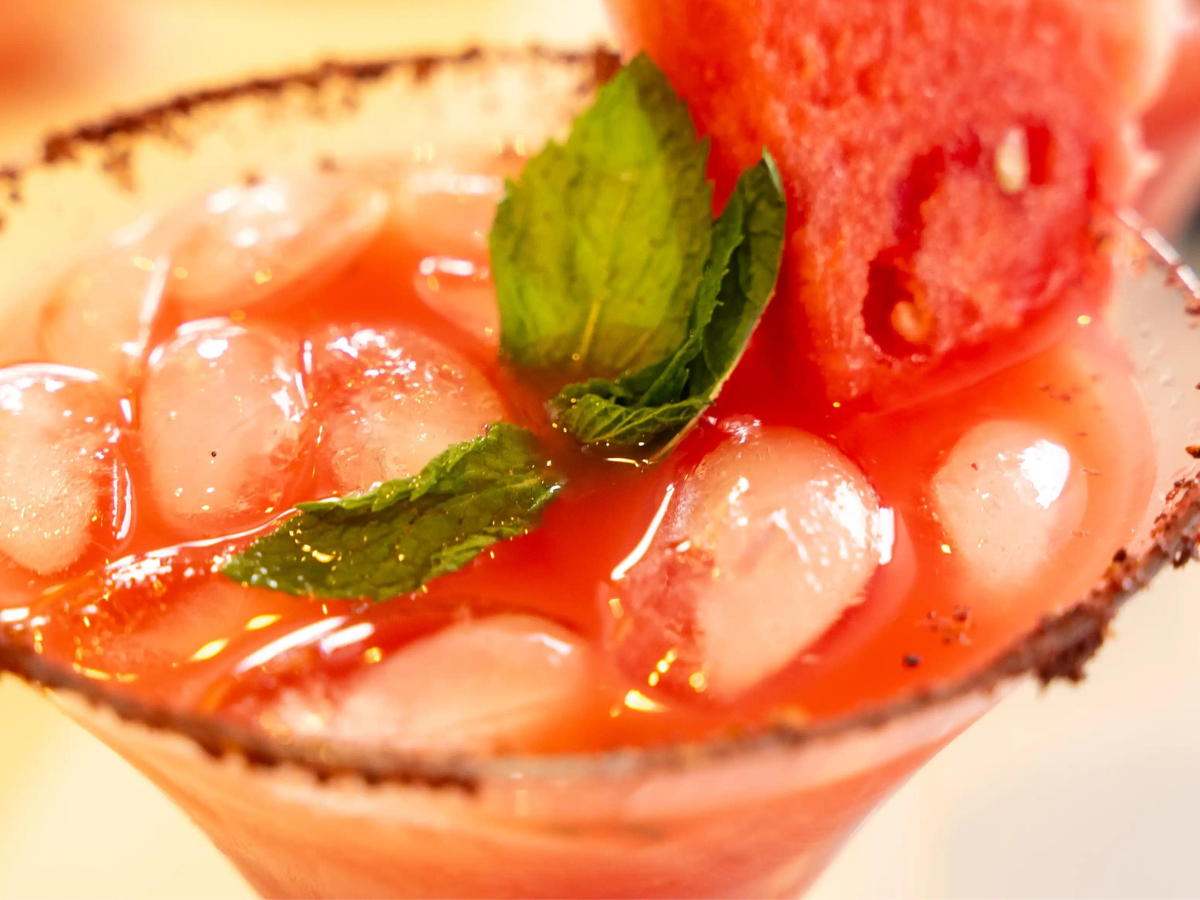“Good food is very often, even most often, simple food.”
— Anthony Bourdain
One of the most desired and treasured culinary ingredients is extra virgin olive oil – liquid gold. It is a symbol of wealth, versatility, health, culture, and tradition. Olive oil is the essence of all Mediterranean cuisines, and it is also used globally. So, it stands to be a universal part of countless dining tables all around the world.
Olive oil binds food and history in its traditions and cultures. It has long been used for cosmetics, soaps, and religious ceremonies dating back to the early Phoenicians, Egyptians, Greeks, and Romans. Let us explore the history of olive oil together and you will see why it’s such a treasure in Sylva’s kitchen.
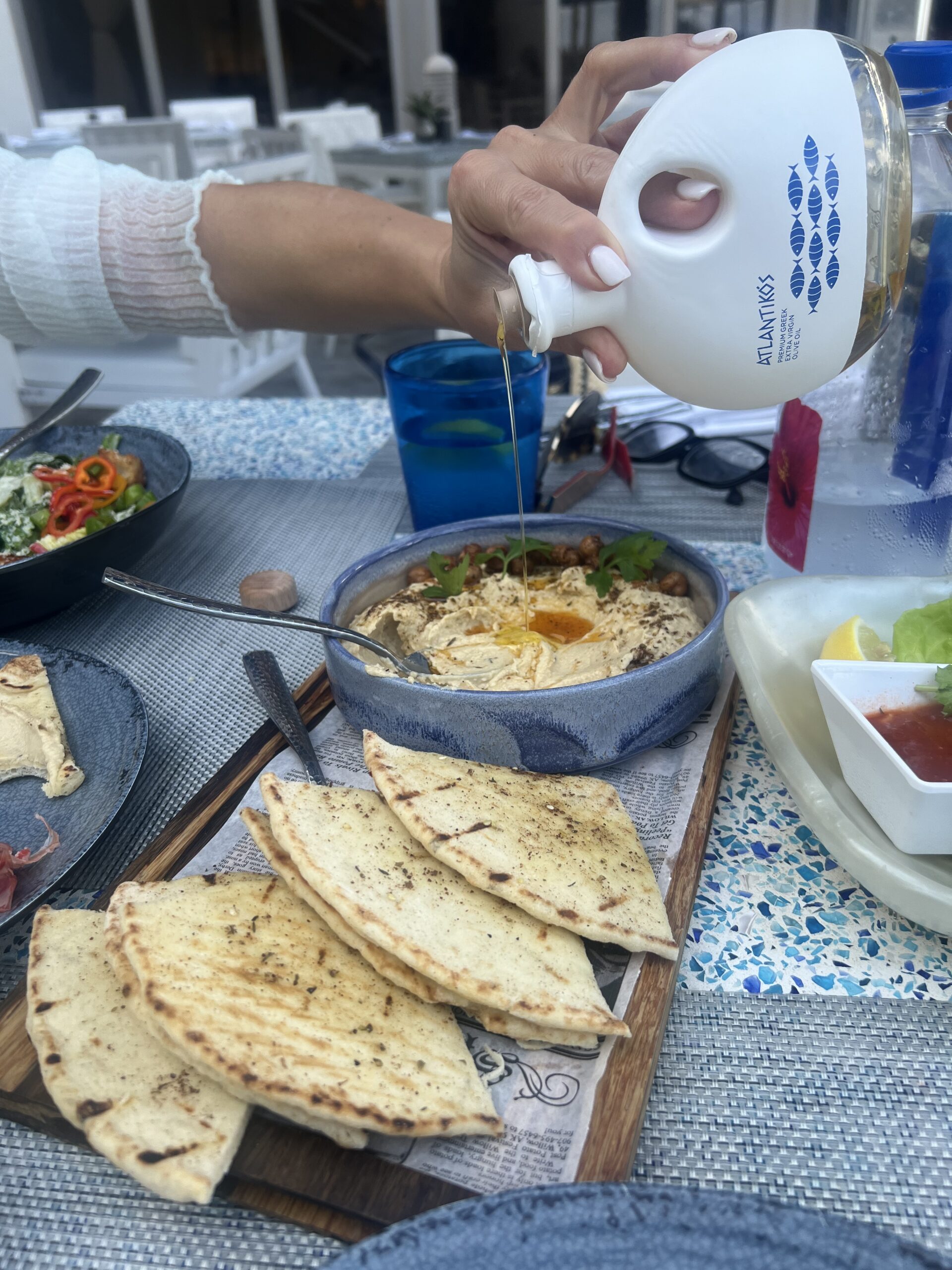
The Olive Oil Odyssey
History & Culture
The roots of this liquid goodness can be traced back to ancient civilizations as early as 6,000 years ago. Just as Greek mythology praised olives to be a gift from the goddess Athena, it was also considered a great symbol of wealth and peace to the extent that olive leaves signified peace and aristocracy.
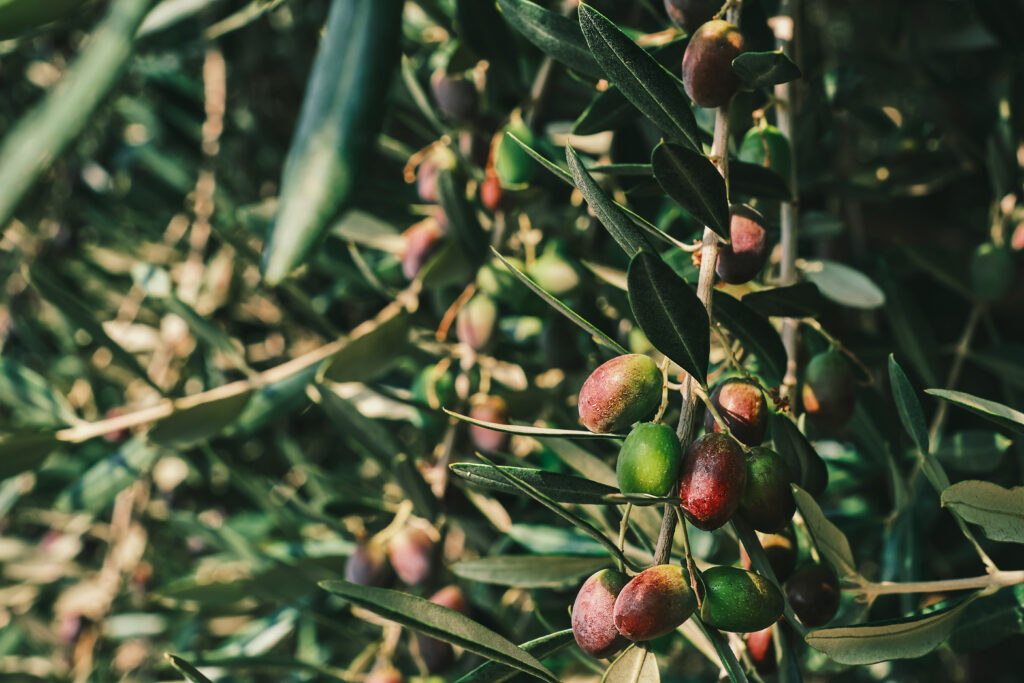
Olive Oil Production
The meticulous journey from farming to the table involves so much effort and time that can only be achieved through love. Today, modern methods have made milling a much easier and more efficient process.
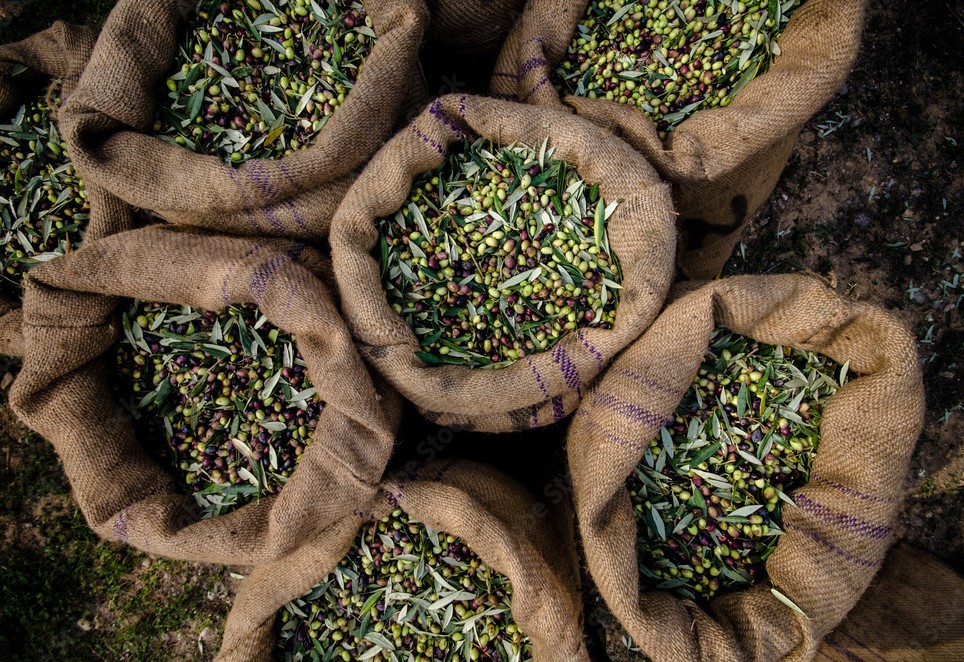
Ancestors of the Trade
So, although olive oil is most definitely a global treasure; some countries stand out for their unmatched quality of production. Naturally, the Mediterranean is renowned for producing the finest olive oil in the world.
Lebanon is world famous for its exquisite olive oil thanks to its Mediterranean climate. Lebanese people still put a lot of love and care into harvesting and producing high-quality, rich olive oil. Drizzled over most traditional meals or even on its own with bread, you will not sit at a Lebanese table that does not have olive oil!
Then, there’s Palestinian olive oil – renowned for its exceptional quality. It is harvested from ancient olive groves that have been passed down through generations. Palestinian olive oil holds a symbolic value, embodying the enduring spirit of its people.
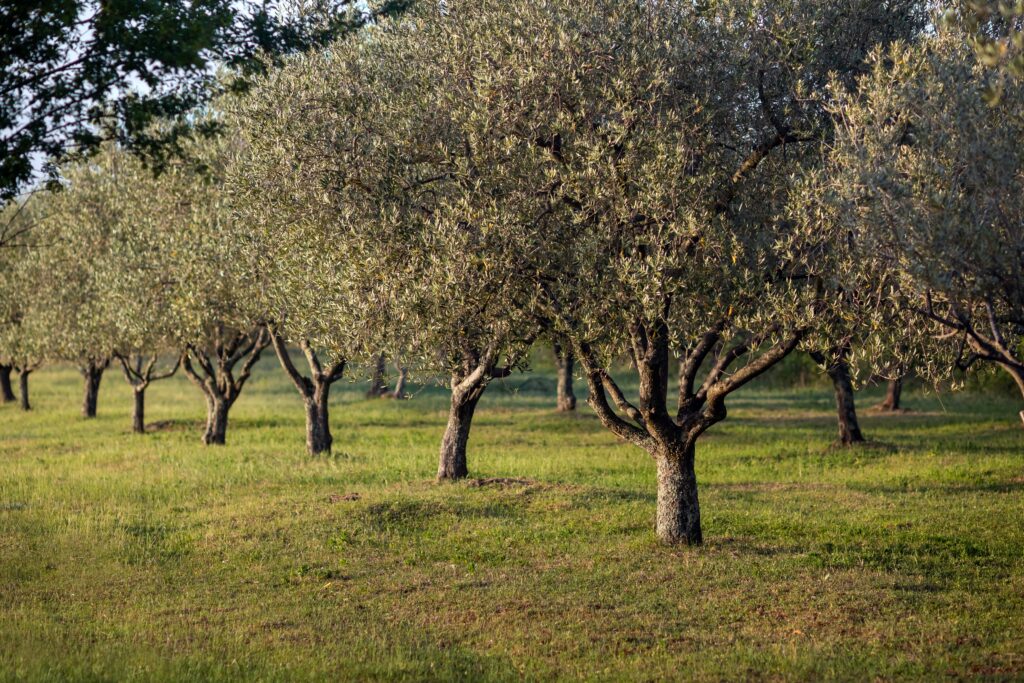
But, regardless of where you are in the world, you will most probably have access to exquisite, imported olive oil– because everyone wants to have a taste of the liquid gold!
Health Benefits
Olive oil is not just about enhancing the taste of your favorite dish. It’s not just about adding it to your tabbouleh. It is an absolute treasure trove of mono-saturated fats, antioxidants, and vitamins, making it a great option for better heart health and fighting off inflammation. In other words, you will be making your food taste better and your life much healthier!
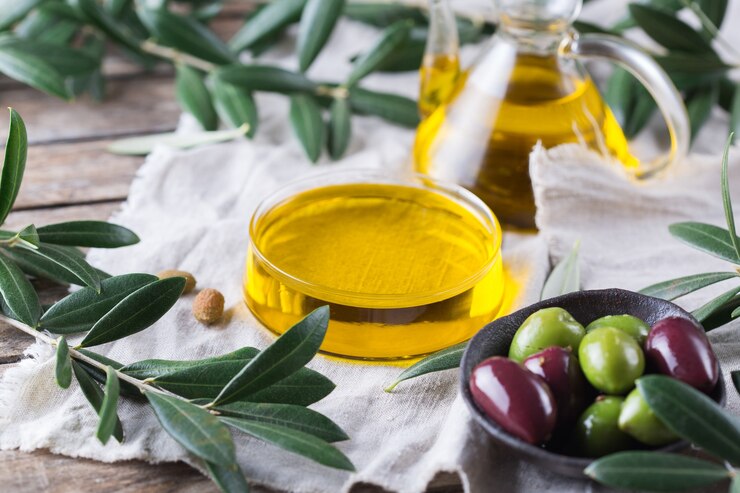
Sylva prides herself in using ample pure olive oil in all her cooking, which represents mostly traditional Levant cuisine. The best way to get that rich olive oil taste is with none other than the traditional tabbouleh. If you’re looking for a cozy comfort meal, there’s the Lebanese Mujaddara with crispy onion toppings! And then, there’s the sweet warm comfort of a cream of cauliflower soup topped with a drizzle of good olive oil.
Till the Last Drop
When it comes to food and comfort, olive oil stands out as the key ingredient of all culinary delights. It is a testament to how culture and tradition can withstand the test of time and bring people together. It is the thread that connects us to ancient cultures and brings them into our modern-day lives.
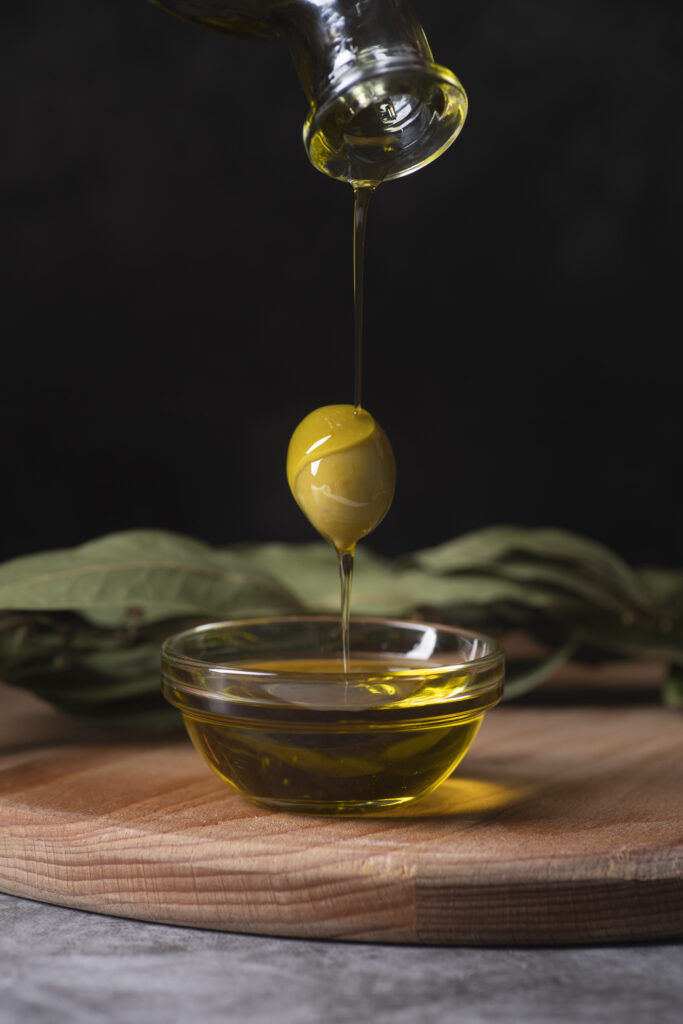
So, the next time you reach for that bottle of olive oil, remember, you’re not just pouring oil… you are pouring centuries of tradition, years of preserved culture, and an immense amount of traditional value on your plate!
Follow us on the journey through the ancient olive groves, allow us to bring to your table the ancient history of olive oil through our recipes!




